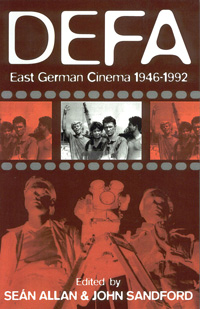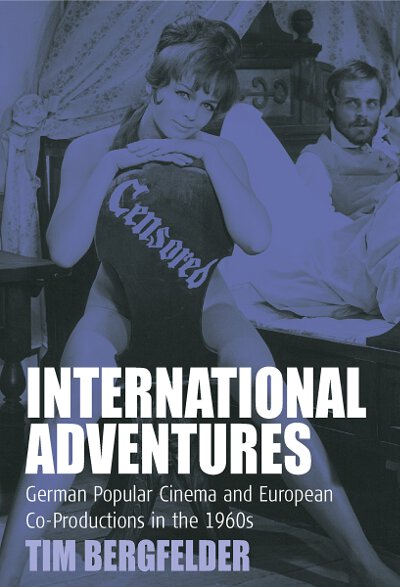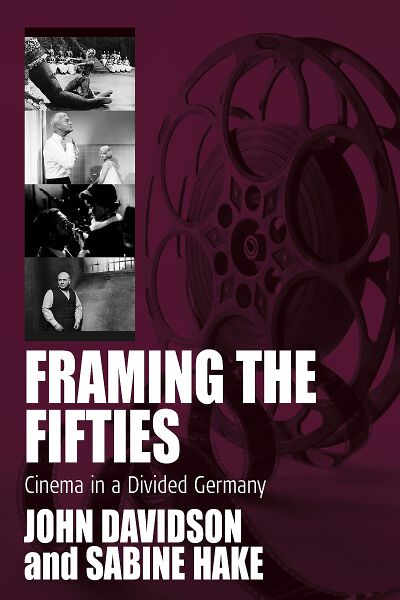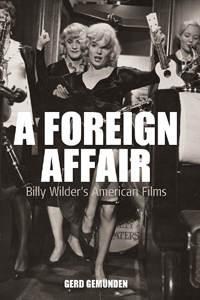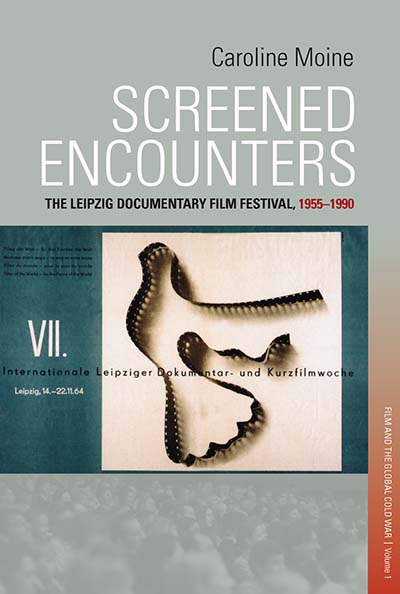
Series
Volume 1
Visual and Media Cultures of the Cold War and Beyond
Email Newsletters
Sign up for our email newsletters to get customized updates on new Berghahn publications.
Screened Encounters
The Leipzig Documentary Film Festival, 1955-1990
Caroline Moine
Translated from the French by John Barrett
Preface by Dina Iordanova
Edited by Skyler J. Arndt-Briggs
394 pages, bibliog., index
ISBN 978-1-78533-909-7 $150.00/£115.00 / Hb / Published (September 2018)
ISBN 978-1-83695-047-9 $39.95/£31.95 / Pb / Published (March 2025)
eISBN 978-1-83695-164-3 eBook
Reviews
“[The author] consistently deploys a variety of distinct, yet complementary, source materials (archival resources and oral interviews, as well as the documentary films themselves) to make an argument for the festival’s significance to Cold War, East German, and documentary film history. This lucid, deeply contextualized account of the Leipzig Festival’s history will be valuable to scholars interested in Cold War history, film studies, and German studies. - Highly recommended” • Choice
“A highly readable, supremely well-researched and fascinating account of the Leipzig Film Festival… a knowledgeable and engaging analysis of an event that comprised a multitude of voices – those of reformers, apparatchiks, iconoclasts and conformists – and where key international developments and crises were echoed in films screened (or not) and discussions staged (or silenced)…More than that, the book offers a valuable guide to East German history, situating as it does the film festival in the context of the GDR’s foreign, domestic and cultural policy all of which had implications for filmmakers and curators.” • Studies in Eastern European Cinema
Description
Established in 1955, the Leipzig International Documentary Film Festival became a central arena for staging the cultural politics of the German Democratic Republic, both domestically and in relation to West Germany and the rest of the world. Screened Encounters represents the definitive history of this key event, recounting the political and artistic exchanges it enabled from its founding until German unification, and tracing the outsize influence it exerted on international cultural relations during the Cold War.
Caroline Moine is Assistant Professor of Contemporary History at the University of Versailles Saint-Quentin-en-Yvelines. Her research on the cultural history of the Cold War has been widely published in French, German, and English.

